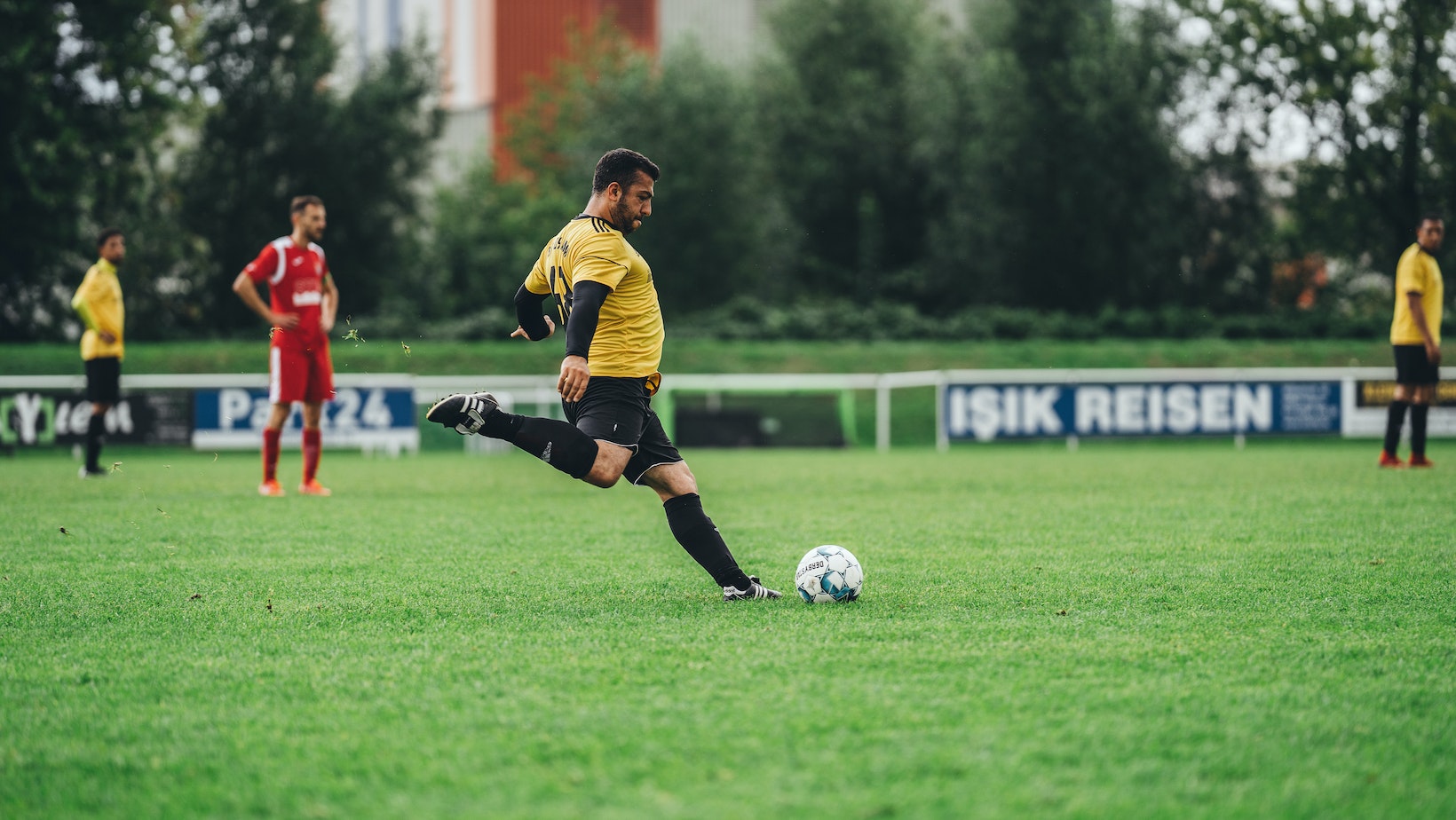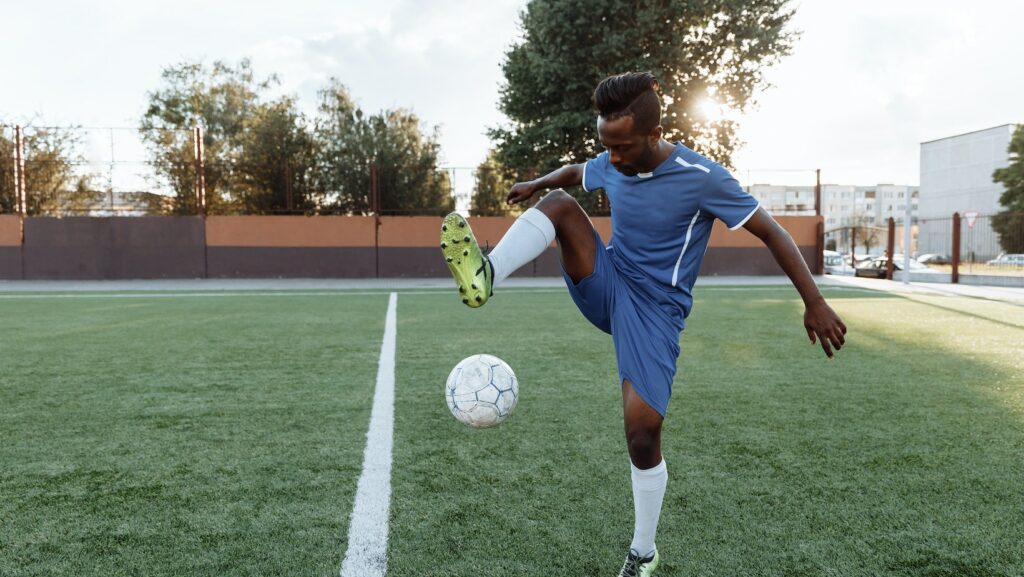Individual sports have a profound impact on social health, providing numerous benefits that contribute to overall well-being. Engaging in activities such as running, swimming, or cycling not only promotes physical fitness but also fosters positive social interactions and improves mental and emotional well-being.
One way individual sports positively influence social health is through the creation of a supportive community. Participating in sports like tennis or golf and investing in different golf bags often involves joining clubs or groups where individuals with similar interests come together. These communities provide opportunities for social connections, camaraderie, and the development of lasting friendships. Regularly interacting with others who share a passion for the same sport can lead to increased social engagement and a sense of belonging.
Moreover, individual sports empower individuals to build self-confidence and develop essential life skills that can positively impact their relationships with others. Through setting personal goals, overcoming challenges, and pushing oneself beyond limits, athletes gain a sense of accomplishment and self-belief. This newfound confidence translates into improved communication skills, assertiveness, teamwork abilities, and empathy towards others – all crucial elements for building healthy relationships.

How Can Individual Sports Positively Influence Social Health
Individual sports have a profound impact on social health, fostering positive connections and promoting overall well-being. Engaging in activities such as running, swimming, or cycling can contribute to the development of strong social bonds and enhance one’s sense of belonging within a community. In this section, I’ll explore how individual sports positively influence social health.
- Building Social Connections: Participating in individual sports provides opportunities to meet like-minded individuals who share similar interests and goals. Whether it’s joining a local running club or participating in a solo marathon, these activities create spaces for individuals to connect with others who are passionate about the same sport. This shared passion serves as a foundation for building meaningful relationships and expanding social networks.
- Promoting Teamwork: While individual sports may seem solitary at first glance, they often involve team dynamics that foster collaboration and cooperation. For instance, athletes training for long-distance events frequently form training groups where they support and motivate each other towards achieving their goals. This sense of camaraderie not only enhances performance but also promotes teamwork skills that extend beyond the realm of sports.
- Enhancing Communication Skills: Engaging in individual sports requires effective communication with coaches, trainers, teammates, and fellow competitors. Expressing thoughts clearly and actively listening become essential components of success in these activities. Through regular interactions with others involved in their chosen sport, individuals develop strong communication skills that can be transferred to various aspects of their personal and professional lives.
- Boosting Self-confidence: Individual sports provide an avenue for personal growth by pushing individuals out of their comfort zones and challenging them to achieve new milestones. As athletes overcome obstacles and accomplish their goals through dedication and perseverance, they build self-confidence that extends beyond the realm of physical fitness. This newfound confidence positively impacts social interactions by encouraging individuals to engage more confidently with others.
- Stress Relief & Mental Well-being: Engaging in individual sports offers an outlet for stress relief and promotes mental well-being. Physical activity stimulates the release of endorphins, which are known to elevate mood and reduce feelings of anxiety and depression. By incorporating regular exercise into their routines, individuals can improve their overall mental health, leading to more positive social interactions.
In conclusion, participating in individual sports positively influences social health by fostering social connections, promoting teamwork, enhancing communication skills, boosting self-confidence, and improving mental well-being. These benefits highlight the importance of incorporating individual sports into one’s lifestyle for a more fulfilling and socially enriching experience. So lace up your shoes or grab your gear – let’s embrace the power of individual sports!











